The Black Lives Matter (BLM) movement, born out of a collective response to systemic racism and police brutality, has emerged as a powerful force for social change.
This piece comes at a time when racism is beginning to “boil” again and with so many lies and messaging against the BLM Movement, it is time to look at it again and set the record straight. By educating people about what sparked the movement, what it’s about, and providing proof to counteract the messaging against the movement, perhaps it will help prevent things from “boiling over.”
Its impact, both domestically and internationally, is undeniable, challenging the status quo and demanding a reexamination of racial justice in society.
What Is Black Lives Matter?
At its core, BLM is a movement that affirms the inherent value of Black lives. It is a response to a long history of discrimination, violence, and institutional oppression that has disproportionately affected Black communities.
The movement’s slogan, “Black Lives Matter,” is a declarative statement that challenges the pervasive belief that Black lives are less worthy or deserving of protection.
The response from people who are against the movement has been to display signs and wear T-shirts with “White Lives Matter,” “All Lives Matter,” or in reference to police, “Blue Lives Matter” printed on them.
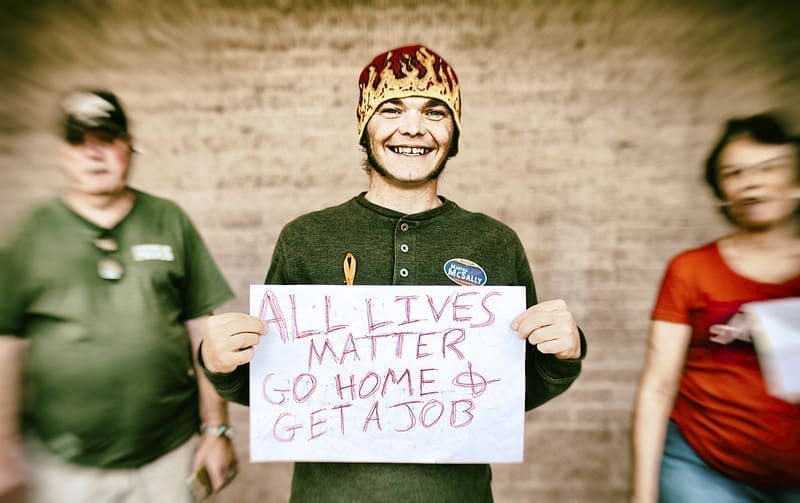
People who call the movement “anti-white” or racist, simply cannot handle a movement that is not about them. In essence, what they are saying is, “How dare you speak out against the injustice we have perpetrated.”
Critics of the Black Lives Matter Movement
While the Black Lives Matter (BLM) movement has garnered significant support, it has also faced criticism from various individuals and groups. These critics often raise concerns about the movement’s tactics, goals, and perceived impact.
Here are some of the primary arguments against BLM:
1. Focus on Police Violence: Some critics argue that BLM is overly focused on police violence and neglects other issues affecting Black communities, such as poverty, education, and economic inequality. They contend that a broader approach is necessary to address the complex challenges faced by Black people.
2. Tactics and Violence: A common criticism is that BLM’s tactics, including protests, demonstrations, and civil disobedience, can be disruptive and even violent. Critics point to instances of property damage, looting, and confrontations with law enforcement as evidence of the movement’s problematic approach.
What they are ignoring is the video evidence of BLM protesters stopping outside agitators from spray painting the name of their movement on businesses, telling them, “You aren’t helping our cause, you’re hurting it!” Or the chain of protesters who stood in front of a store attempting to block people co-opting the protest to loot stores and vandalize businesses.
3. Anti-Police Sentiment: Some argue that BLM’s rhetoric and actions have contributed to a negative perception of law enforcement. They contend that the movement’s focus on police violence can lead to a generalized distrust of all police officers, even those who are committed to serving their communities.
The saying, “One bad apple..” holds true here. The so-called negative perception of law enforcement exists not because of the movement, but because there aren’t more officers speaking out against the murders. You don’t see the “good cops” walking in protests, standing in solidarity with the movement.
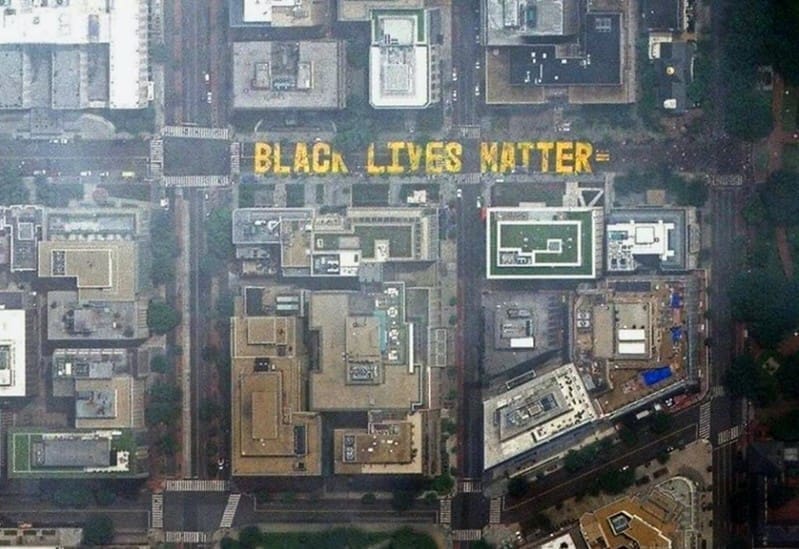
4. Lack of Unity: Critics often point to the decentralized nature of BLM as a weakness. They argue that the movement’s lack of a centralized leadership and unified message can make it difficult to achieve concrete goals or hold individuals accountable for their actions.
This can also be viewed as a strength. Candidates for President set up campaign offices in states all over the country. These offices have different staff and different leadership. That doesn’t mean they aren’t able to unite around messaging, it just means they’re able to reach more people with their message.
5. Political Agenda: Some critics believe that BLM is not simply a movement for racial justice but rather a political organization with a broader agenda.
They argue that the movement’s goals extend beyond police reform and include challenging the capitalist system and promoting a socialist or Marxist ideology. The movement is not partisan or political.
It is important to note that these criticisms are often contested by supporters of BLM, who argue that the movement’s focus on police violence is a necessary first step in addressing systemic racism.
They also contend that the movement’s tactics are justified in the face of ongoing injustice and that BLM is not inherently anti-police but rather seeks to hold individuals accountable for their actions. We have witnessed evidence that changes are occurring with police officers being held accountable and facing trials/jail time as a result of their actions.
Have our fellow Americans been lying about the brutality, violence, and discrimination at the hands of the police? Of course not! It took the murder of one person after another by those who are supposed to serve and protect the people of their community to raise awareness and bring something that has been happening for decades to the forefront.
People can only take so much before they are no longer able to remain silent.
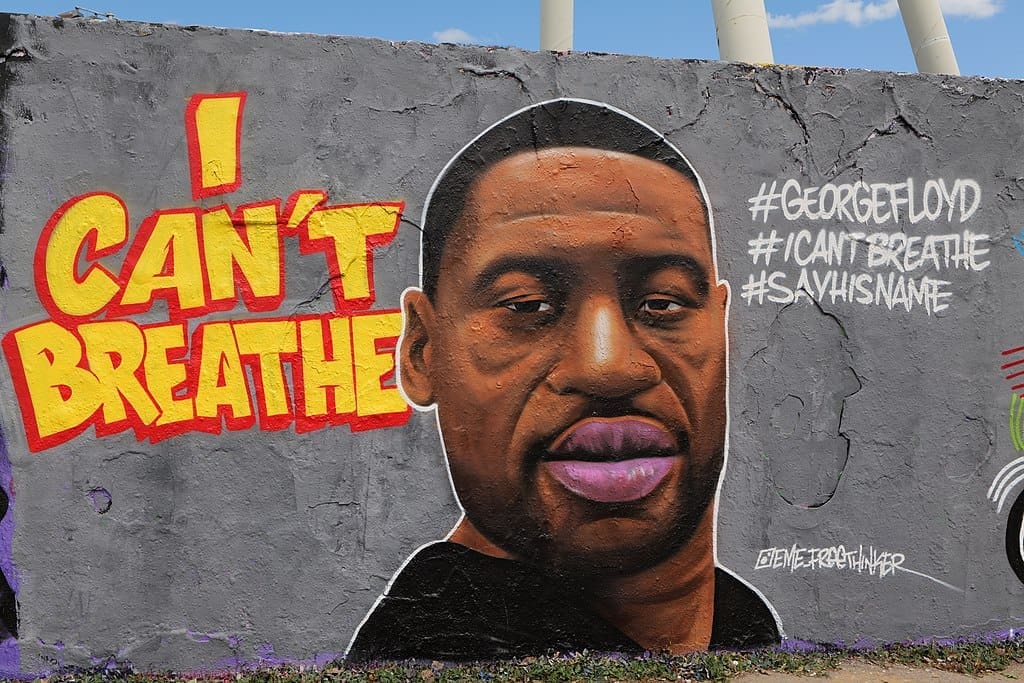
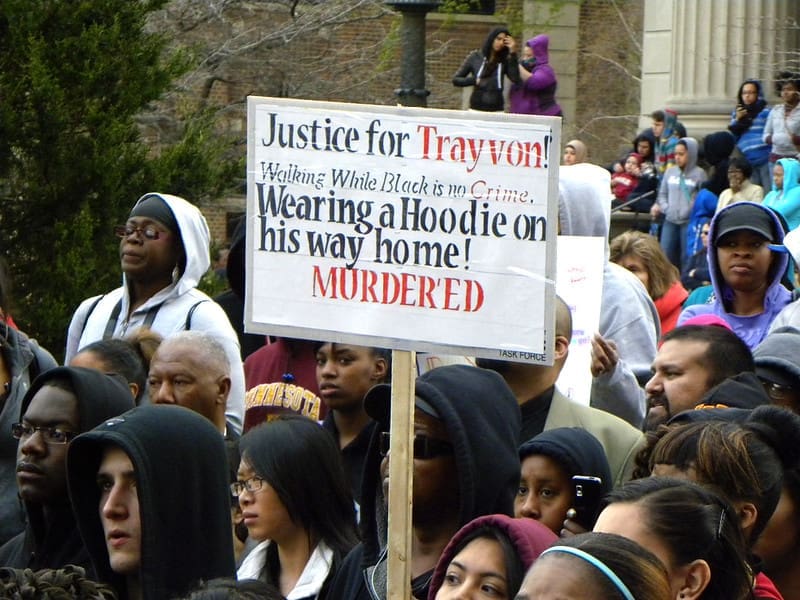
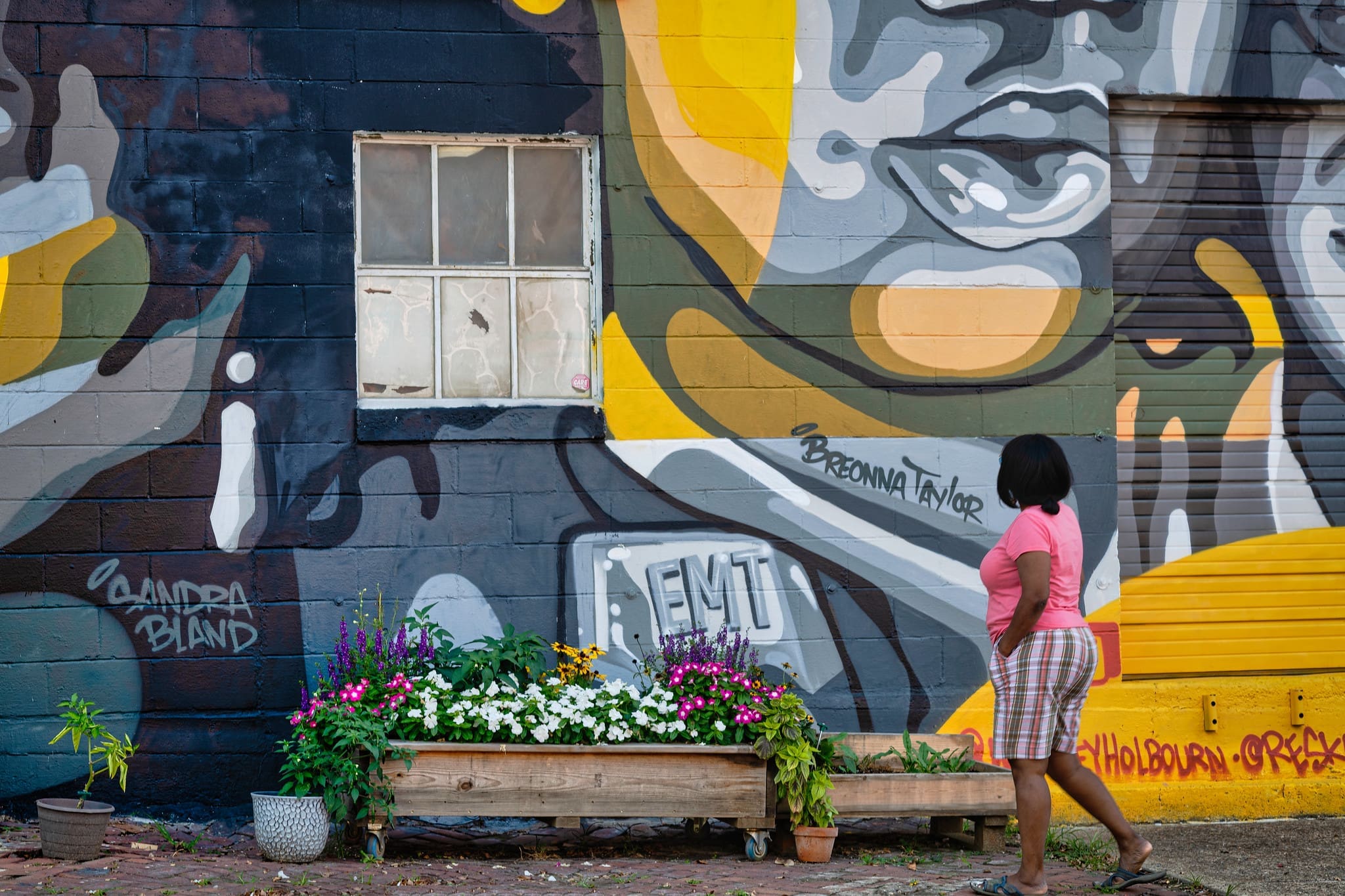
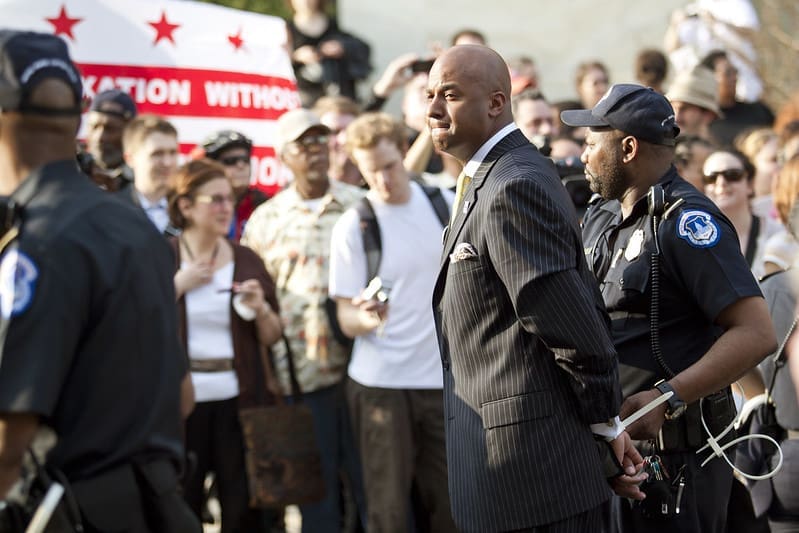
Killings by Police
The BLM movement has been fueled by a series of high-profile cases of police violence against Black individuals, including Trayvon Martin, Michael Brown, George Floyd, and Breonna Taylor.
These tragic events have served as catalysts for protests, community organizing, and calls for accountability.
Through its decentralized structure and emphasis on grassroots activism, BLM has mobilized individuals from all walks of life to advocate for racial justice. In fact, during the height of the movementin 2020 polls showed that the majority of Americans support the movement. More than Donald Trump.
Beyond its focus on police brutality, BLM has also addressed broader issues of systemic racism, such as economic inequality, mass incarceration, and discriminatory policies.
The movement has highlighted the interconnectedness of these issues and the ways in which they perpetuate racial disparities.
By challenging the status quo and demanding a more equitable society, BLM has sparked important conversations about race, privilege, and power.
Although critics of BLM have argued that the movement is divisive and that its focus on racial issues is counterproductive, they could not be more wrong.
However, it is important to recognize that the movement is a response to a long-standing problem that has persisted for generations. By demanding attention to these issues, BLM has forced society to confront its racial past and present.
Conservatives have fought to remove the teaching of slavery from school classrooms. They fought against the imaginary “Critical race theory” being taught in public schools when that has never been the case. It only served to galvanize parents in school board meetings and instigate them to run for local school boards. A sneaky way of creating a Conservative majority in local office positions.
The fact is that Critical Race Theory is only taught in colleges, mainly law schools. The term was actually used as a catch-all phrase for “Black History.” They claim that teaching students about our racial past will only make “White kids feel bad.”
Forcing Social Change
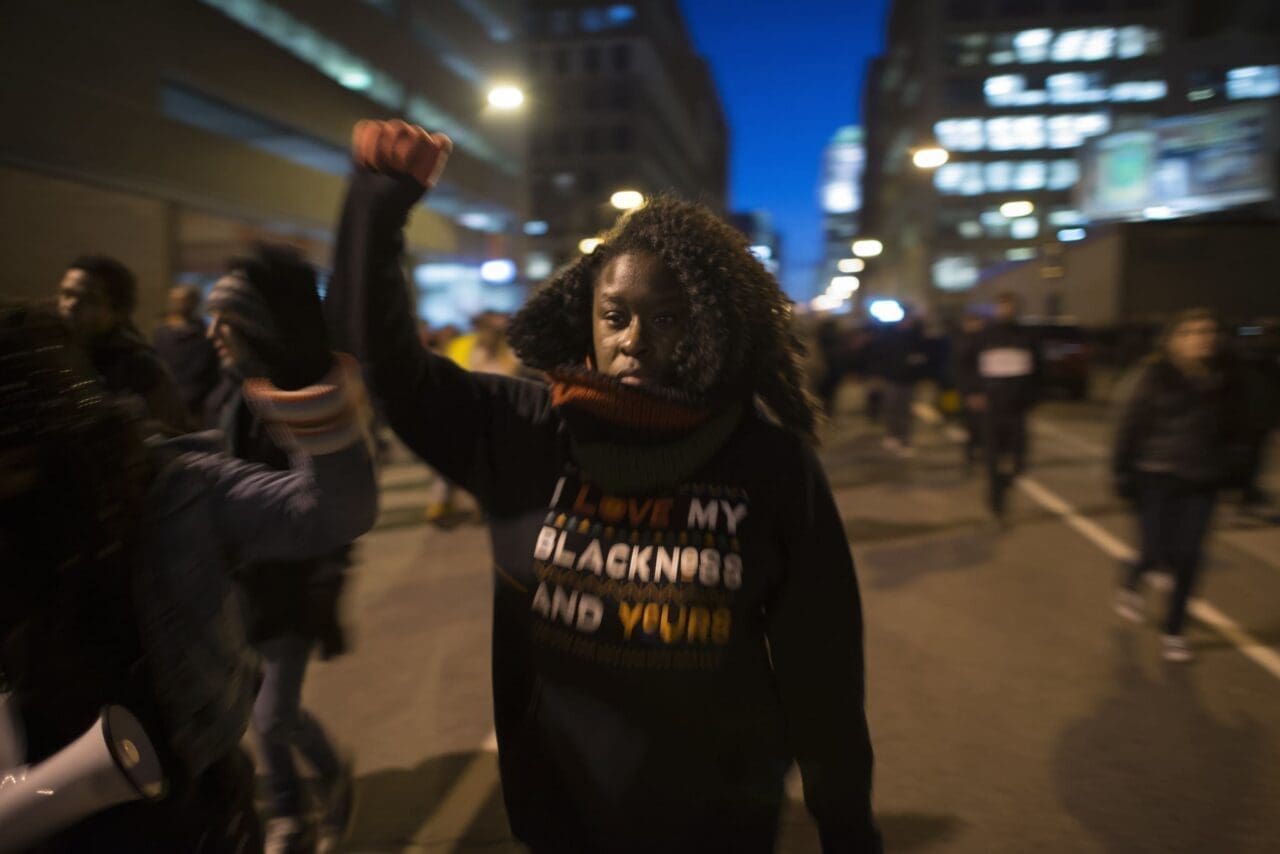
The Black Lives Matter movement is a powerful force for social change. Through its advocacy for racial justice and its emphasis on the value of Black lives, BLM has inspired millions of people to stand up against systemic racism and demand a more equitable society. While the movement faces challenges and opposition, its impact is undeniable, and its legacy will continue to shape the course of social justice for generations to come.









